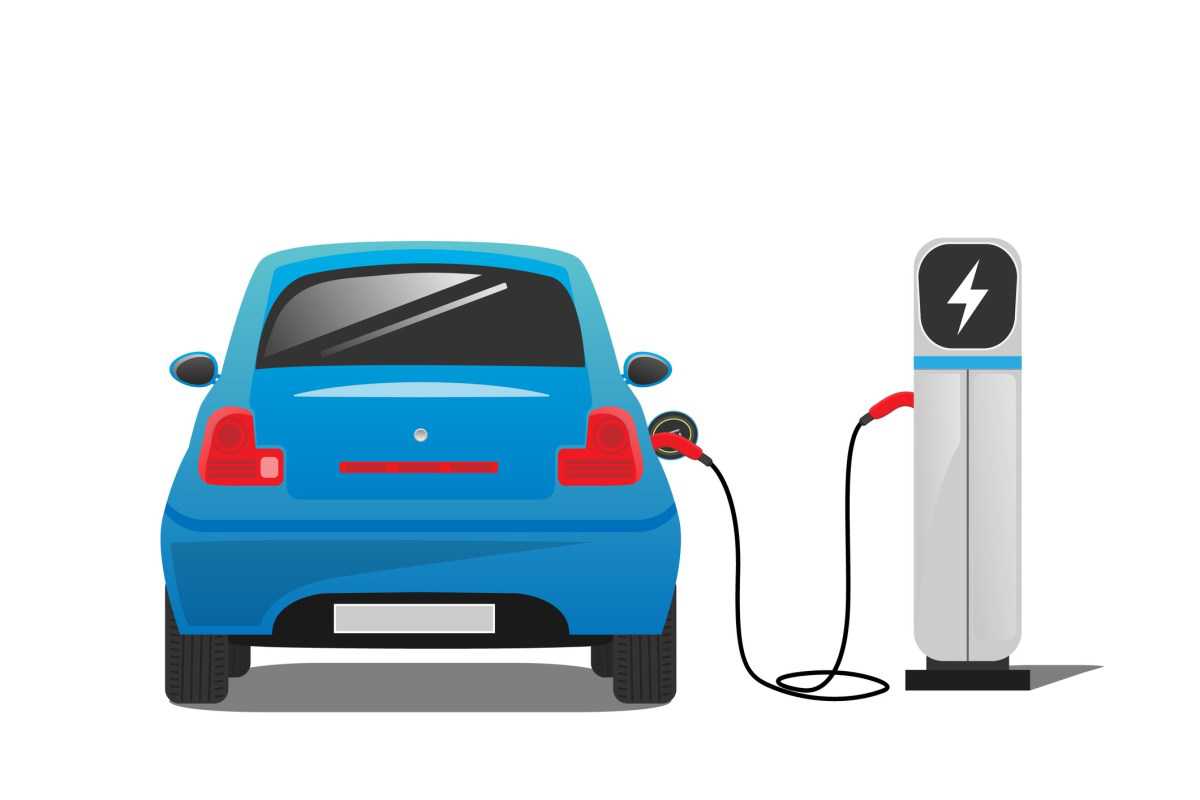California’s electric-vehicle push should support American workers

Image: Collected
California has set a requirement that new vehicles sold here be emissions-free by 2035, and the Legislature is updating the state’s purchasing incentive program to get drivers into cleaner cars quickly. If we get the guidelines right for this redesigned automobile voucher, we’ll also encourage the local growth of a fast-emerging industry.
But that’s a huge if. The inclusion of domestic manufacturing and assembly requirements could create new businesses and therefore new jobs in California and elsewhere in the U.S. - an integral concern for the 100,000 of us in fossil-fuel industries who'll need to transition into new lines of work. Unfortunately, just before passing Assembly Bill 794 - its version of the brand new rules - the Assembly stripped out all of the domestic manufacturing requirements. And unless the Senate restores them, the auto jobs this voucher creates won’t necessarily be in California. They might not exactly maintain Nevada, Arizona, Oregon or anywhere else in America, either.
This bill was meant to be specific. Incentive programs already exist to provide financial assistance for the purchase of individual vehicles and fleets. AB 794 creates labor and workforce standards that fleet purchasers of airport shuttles or delivery trucks will be required to meet to qualify for incentives. In addition, it would establish labor and workforce standards for automakers who would like to participate.
When it had been first introduced, though, AB 794 went further. The initial legislation stipulated that to be eligible for a rebate, vehicles should never only be assembled in the U.S., they need to contain a specific percentage of American-made parts, making the first version of the bill a means where our economy could more justly and proficiently make the shift to electric vehicles.
Here’s how: As a UC Berkeley study recently concluded, by creating and guaranteeing market for domestic manufacturers in the auto industry and its own supply chain, public programs designed to drive the EV transition wouldn't normally only improve national financial competitiveness, but sustain American jobs and support employees afflicted by the change.
In the stripped-down version of AB 794, however, the phrases “domestic content” and “domestic assembly” no more appear. It now only mentions the “intent of the Legislature” to create domestic-content requirements itself - sometime later on.
But that’s a huge if. The inclusion of domestic manufacturing and assembly requirements could create new businesses and therefore new jobs in California and elsewhere in the U.S. - an integral concern for the 100,000 of us in fossil-fuel industries who'll need to transition into new lines of work. Unfortunately, just before passing Assembly Bill 794 - its version of the brand new rules - the Assembly stripped out all of the domestic manufacturing requirements. And unless the Senate restores them, the auto jobs this voucher creates won’t necessarily be in California. They might not exactly maintain Nevada, Arizona, Oregon or anywhere else in America, either.
This bill was meant to be specific. Incentive programs already exist to provide financial assistance for the purchase of individual vehicles and fleets. AB 794 creates labor and workforce standards that fleet purchasers of airport shuttles or delivery trucks will be required to meet to qualify for incentives. In addition, it would establish labor and workforce standards for automakers who would like to participate.
When it had been first introduced, though, AB 794 went further. The initial legislation stipulated that to be eligible for a rebate, vehicles should never only be assembled in the U.S., they need to contain a specific percentage of American-made parts, making the first version of the bill a means where our economy could more justly and proficiently make the shift to electric vehicles.
Here’s how: As a UC Berkeley study recently concluded, by creating and guaranteeing market for domestic manufacturers in the auto industry and its own supply chain, public programs designed to drive the EV transition wouldn't normally only improve national financial competitiveness, but sustain American jobs and support employees afflicted by the change.
In the stripped-down version of AB 794, however, the phrases “domestic content” and “domestic assembly” no more appear. It now only mentions the “intent of the Legislature” to create domestic-content requirements itself - sometime later on.
Source: https://calmatters.org
Tags :
Previous Story
- Lane putting money in facilities, staff, marketing and...
- Container logistics dog seaborne ferrous scrap trade
- How coronavirus burst California’s tourism bubble
- Powerful storm interrupts nation’s busiest travel weekend
- Toddler bought a $430 couch on Amazon while...
- 5 ways tech is driving sustainability
- 3 Beach Resorts Where You Can Optimize Travel...